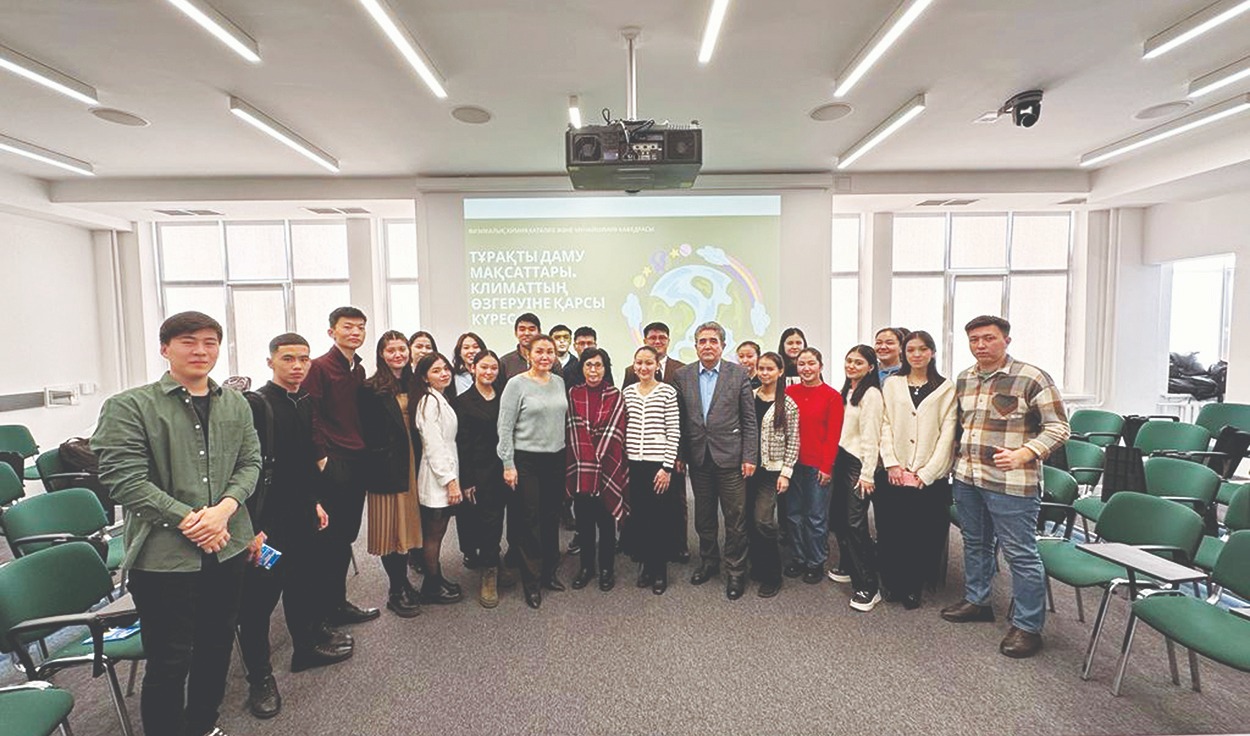Earth, water, air - a legacy of generations

In general, the problem of ecology takes place at all historical stages of human development. Environmental protection ... Rejection of plastic ... This has become a trending topic today, with one of the two commenting on it. The issue of environmental protection seems to be necessary in order to look modern before we can become healthy. There is a growing number of those who are speaking out on the topic of environmentalism and trying to raise awareness. However, besides the consumption of plastic items, another threat to the universe is global warming.
At the beginning of the twentieth century, scientists studied temperature changes on planet Earth and found that it was increasing every year. And in 1980, a warming trend was proven.
In 1998, scientists from the University of Massachusetts and the University of Arizona Dendro-Chronology published a study of the Earth's temperature change over 1000 years. Air temperature, in the absence of a thermometer, was studied from sources that gave information about that time. As a result, there was a deviation from the norm for some time, and the twentieth century saw an increase and a sharp rise in temperature.
In 1987, the UN World Commission on Environment and Development called for ushering in "an economic era on an environmentally friendly path" in its report "our common future". The concept of "sustainable development" was first proposed. "Sustainable development" is development that does not jeopardize the provision of the needs of future generations by providing for the needs of the present.
In June 1992, the UN Conference on Environment and Development in Rio de Janeiro adopted an ambitious program "the concept of sustainable development". This program envisaged general issues that should be addressed to ensure sustainable development in the future. SDG-2030 was a comprehensive collection of goals and indicators until 2030, aimed at 1) improving the quality of life of citizens, 2) socio-economic development of states, 3) environmental sustainability. The SDGs to 2030 program included 17 goals, as well as 169 targets and 242 indicators relevant to it.
In this regard, we organized a large-scale event in the discipline "gas chemistry processes in petroleum refining", which I read during the semester.
Pollution of atmospheric air with various harmful substances negatively affects the health of the population of the country, including leading to respiratory diseases. Air pollution, increasing number of factories, deforestation, and human activity are the main causes of global warming. There are six main types of greenhouse gases: water vapor, carbon dioxide, methane, nitrogen oxide, ozone, and chlorofluorocarbons.
Anthropogenic sources of air pollution include some industries, motor vehicles, and heat and power. You know that the automobile is at the forefront of the emission of harmful substances into the atmosphere. Also on the basis of data from the research center "Kazgidromet" and consistent data replenished senior lecturer of the Department of Meteorology and Hydrology of the Faculty of Geography and Nature Management of the University Aida Nurgalievna. Questions prepared by our students for discussion and guests of the evening, elaborated on the topic in detail.
Gulbanu Zhaksylykovna,
Associate Professor, Department of Physical Chemistry, Catalysis and Petrochemistry

